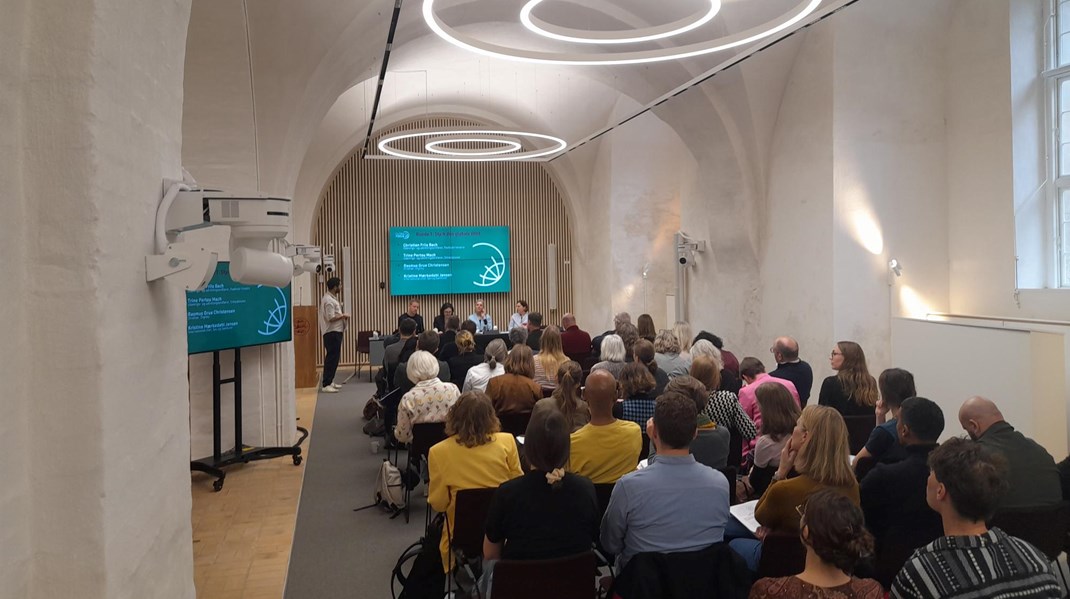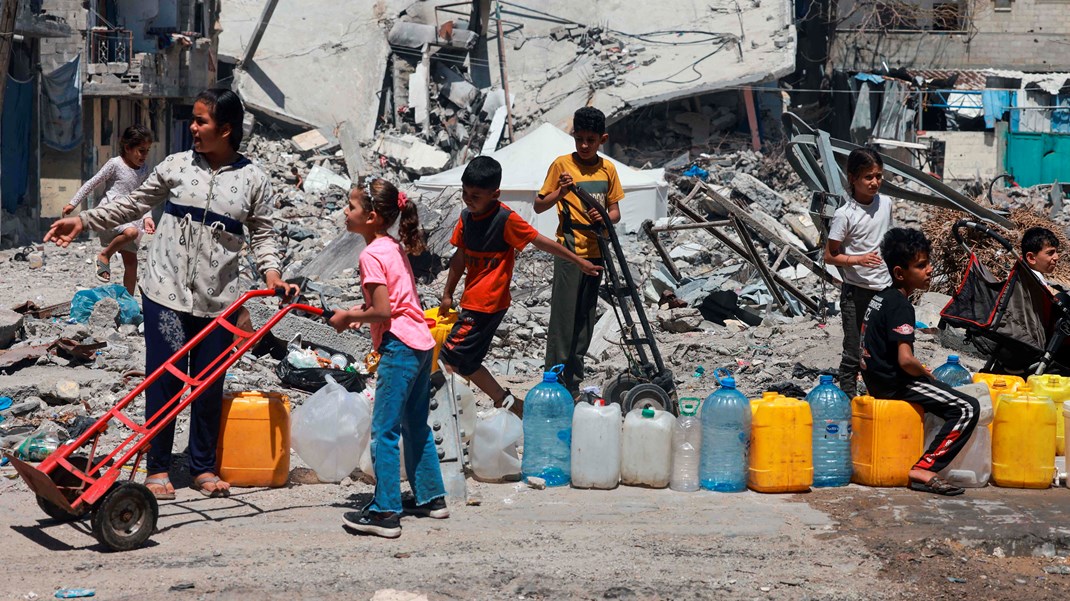How European migration policies are keeping families apart - OXFAM
SUMMARY
In 2015, nearly a million people crossed the Aegean fleeing persecution or seeking a better life. Many of these people made perilous journeys to reunite with family members: nearly 44 percent of Syrians and 20 percent of Afghans surveyed in early 2016 arrived in Greece aiming to reunite with family already in a European country. As of May 2017, 35 percent (547 out of 1566) of the migrants, including refugees Oxfam works with in Lesvos and Epirus were trying to reunite with family members in Europe. The lack of accessible, safe and regular routes for family reunification has resulted in thousands of people taking dangerous journeys, making them vulnerable to abuse and exploitation at the hands of smugglers and traffickers.
Despite the urgent situation, in 2015 EU member states granted only 78,772 visas for family reasons2 to people of the five main nationalities who arrived in Greece through the eastern Mediterranean route.
This report identifies the impact of European migration policies on family unity and the wellbeing of people stranded in Greece. It is based on a series of focus group discussions and key informant interviews conducted in Greece between February and May 2017.
European migration policies put in place to prevent irregular migration into Europe make it likely that families will be separated and make it difficult for them to reunite. Many people in Greece that remain separated from loved ones in another EU member state are increasingly desperate to reunite with them.
Most have been stranded in Greece for over a year, trying to navigate the asylum system and family reunification procedures, and often contemplating using smugglers to move.
The testimonies of migrants, including refugees, and reports by legal aid groups show that narrow definitions of ‘family’ are at the heart of the problem.
Many family links are not recognized under Greek and European law and the narrow definitions prevent members of extended families, caretakers and families that were formed after flight from staying together and accessing family reunification procedures.


